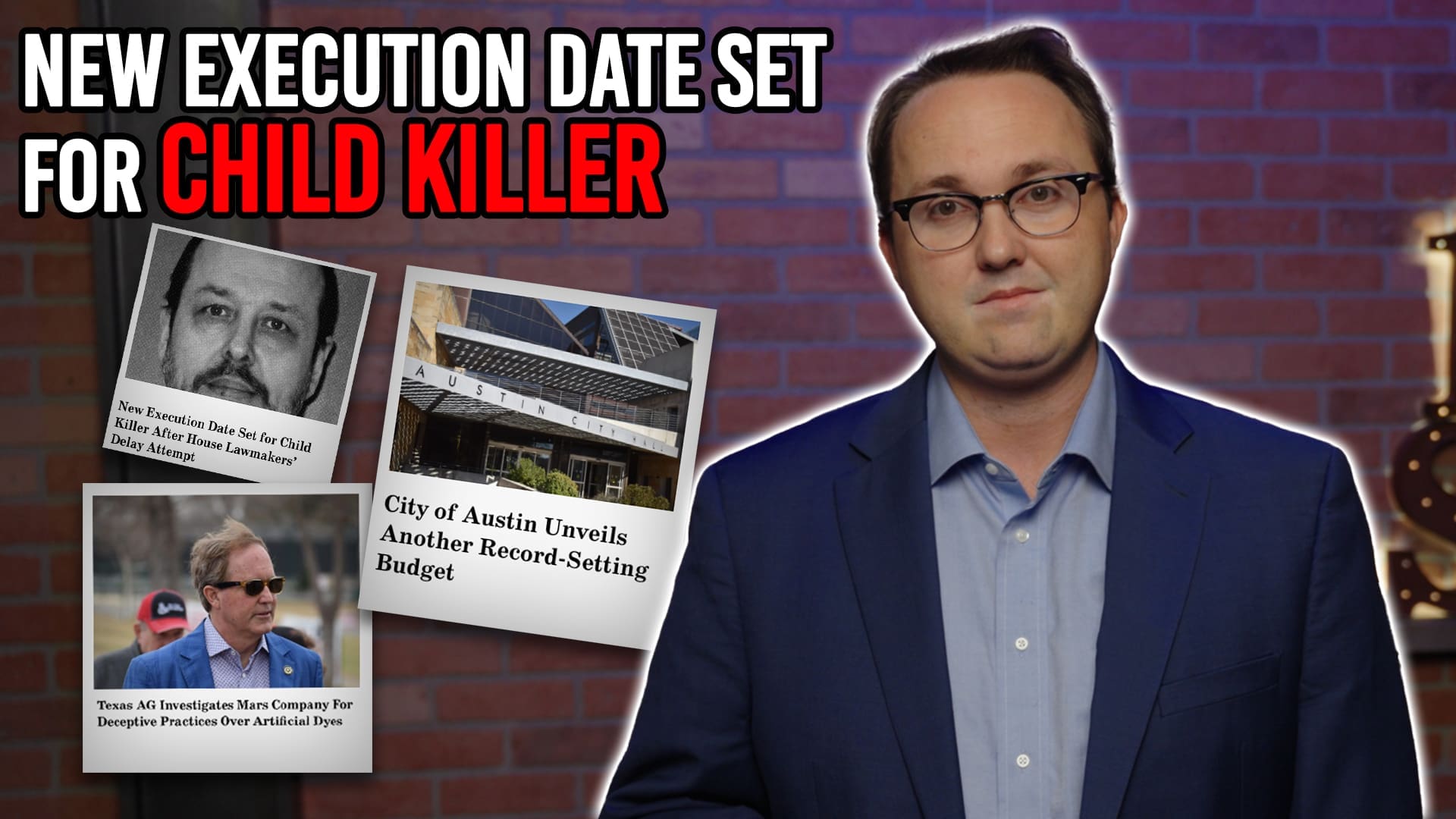State representatives unanimously approved a bill banning CPS from terminating a parent-child relationship if parents seek a second medical opinion if accused of abuse or neglect. The bill now goes before the Texas Senate.
House Bill 2536 by State Rep. Matt Krause (R–Haslet) would ban courts from terminating a parent-child relationship because the parent sought a second medical opinion or moved their child to another medical provider or facility. The Texas Department of Family and Protective Services—where Child Protective Services is housed—would also be banned from seizing children from their parents for the same reasons.
“HB 2536 would just ensure that it’s ok to get a second opinion,” Krause told representatives on Monday.
Krista McIntire, a consultant on CPS-related issues, previously told Texas Scorecard reform is needed because the state agency is “out of control” and “an absolute nightmare for families.”
“A lot of this really is a response to what happened in the Pardo case, where you had a family of a medically fragile child who was just trying to figure out how to take care of their kid,” Andrew Brown, director of the Center for Families and Children at the Texas Public Policy Foundation, said of Krause’s bill. “And then all of a sudden, asking questions and even taking advice that had been given to them by medical professionals was turned and used against them, and [they] got their child removed into foster care.”
In June 2019, CPS came to Daniel and Ashley Pardo’s home—unannounced and with armed officers—and illegally took their 4-year-old son, Drake, who had many medical and developmental needs. CPS justified the raid by citing undisclosed “medical child abuse.”
CPS eventually admitted they had no justification for this, and the Texas Supreme Court ordered Drake to be returned home later that year. Last December, the Pardos were finally removed from Texas’ child abuse registry.
“’How do I help my child?’ should never put a parent in a position where they’re exposed to an investigation by CPS,” Brown continued.
“Obviously, we want to protect kids from abuse and neglect, but we can’t do that at the cost of getting children the medical treatment that they may need, especially where it’s not readily apparent what the problem with the child is, and you’re having to do differential diagnoses and all the investigation that goes on in the medical profession.”
Brown was asked why it is considered controversial for parents in these situations to seek a second medical opinion for their child.
“There was a concern for what they call Munchausen by proxy. It’s this phenomenon that is really still being studied, where a parent will get unnecessary medical care for their child,” he replied. “There are different reasons that have been floated … as to why this occurs.”
“That is definitely something that we need to protect kids from, but we also have to recognize that the vast majority of parents are not engaging in that type of behavior,” Brown continued. “If we start treating all parents with suspicion because of the actions of outliers, then you’re not only putting kids at risk of the trauma of abuse or neglect investigation—or even being removed into foster care. like the case of Drake Pardo—but you’re also making it much more difficult to get children the medical care that they need to be healthy.”
HB 2536 finally passed the House on Tuesday by a vote of 148-0.
The bill now moves to the Texas Senate, where it must be assigned to and heard by a committee, voted out of that committee, then scheduled for a floor vote.
The 87th Legislative Session ends on May 31.
Concerned citizens may contact their state senator. Legislation may be tracked through Texas Legislature Online.





